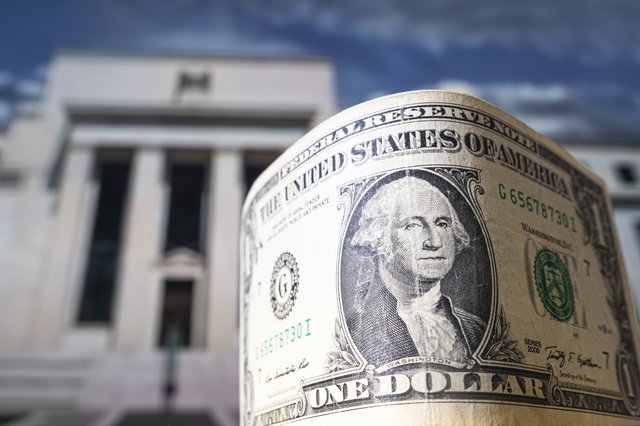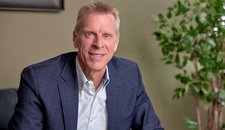
Terry Lane
Aug. 29, 2024
Key Takeaways
- The Conference Board’s Consumer Confidence survey improved to 103.3 in August, with the board also upwardly revising its July results.
- The results beat economist expectations but stayed within the range seen over the past two years.
- Expectations for the present and future economy improved, but consumers worried more about the labor market.
Consumers showed an unexpected jump in confidence with their views on the economy and future expectations improving in August.

The Conference Board’s Consumer Confidence Index rose to 103.3 in August, its highest level in six months, and more than two points better than what economists surveyed by the Wall Street Journal and Dow Jones Newswires expected to see. The Conference Board also revised its July reading higher by more than a point.
However, the survey also showed rising concerns about the labor market, keeping the upward movements of the index within the narrow range where it has hovered for the past two years.
“Compared to July, they were more positive about business conditions, both current and future, but also more concerned about the labor market," said Dana Peterson, Conference Board chief economist.
Consumer inflation expectations for the next year dropped to 4.9%, the lowest level since March 2020. Meanwhile, fewer consumers said they expected interest rates to increase for the third month in a row.
The Labor Market Is Holding Back Economic Optimism
While the inflation outlook is getting rosier in consumer estimation, they reported that storm clouds are gathering over the job market. Fewer people reported that jobs were plentiful, while more said jobs were hard to get.
"Consumers clearly view the labor market as less favorable to job seekers than they did at the start of the year, in line with the latest employment report data that showed a deceleration in nonfarm payroll growth at play,” wrote Wells Fargo economists Shannon Seery Grein and Jeremiah Kohl.
Because of the dour job outlook and lingering high prices, economists weren’t expecting to see major jumps in consumer confidence over the near term.
“It may take a major shift, such as significantly lower interest rates or the expansion getting a second wind, before we see optimism rise to pre-2020 levels,” wrote Robert Frick, Navy Federal Credit Union corporate economist.







